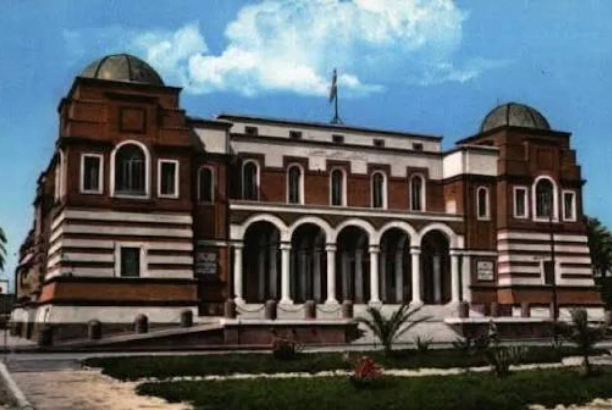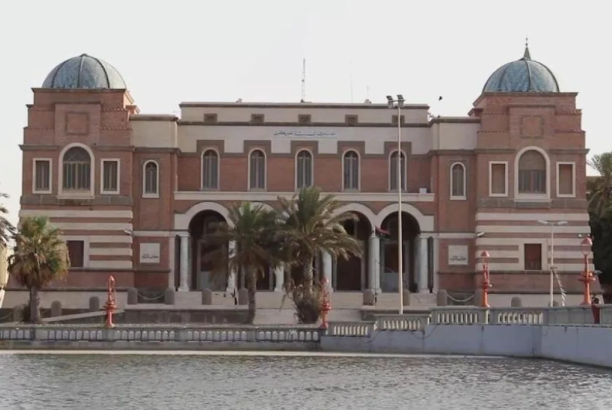
| News
Exclusive: Ruvinetti Reveals the Consequences of the Exchange Rate Change and Its Impact on Libyan Families
Italian strategic expert Daniele Ruvinetti told our source on Tuesday that devaluing the Libyan dinar will increase the cost of imports, which could significantly impact Libyan households, given the country’s heavy reliance on imported goods.
Ruvinetti confirmed to Sada that inflation may rise, which is an increasing concern as it reduces the purchasing power of citizens who have been suffering from economic instability since 2011. The timing of the decision raises questions: Why now?
He continued, “The Libyan economy has been fragile for years, burdened by political divisions and public debt—which reports indicate has reached 330 billion dinars. This move could be a sign of deeper financial challenges or a response to dwindling reserves, despite the Central Bank’s insistence that its goal is to maintain stability.”
Ruvinetti pointed out that ultimately, this appears to be a temporary fix for Libya’s structural economic problems. The country’s overreliance on oil along with its fragmented political landscape limits the effectiveness of monetary policy. Without broader reforms—such as unifying the split branches of the Central Bank or tackling corruption—this currency devaluation could simply delay addressing deeper issues, he said.





